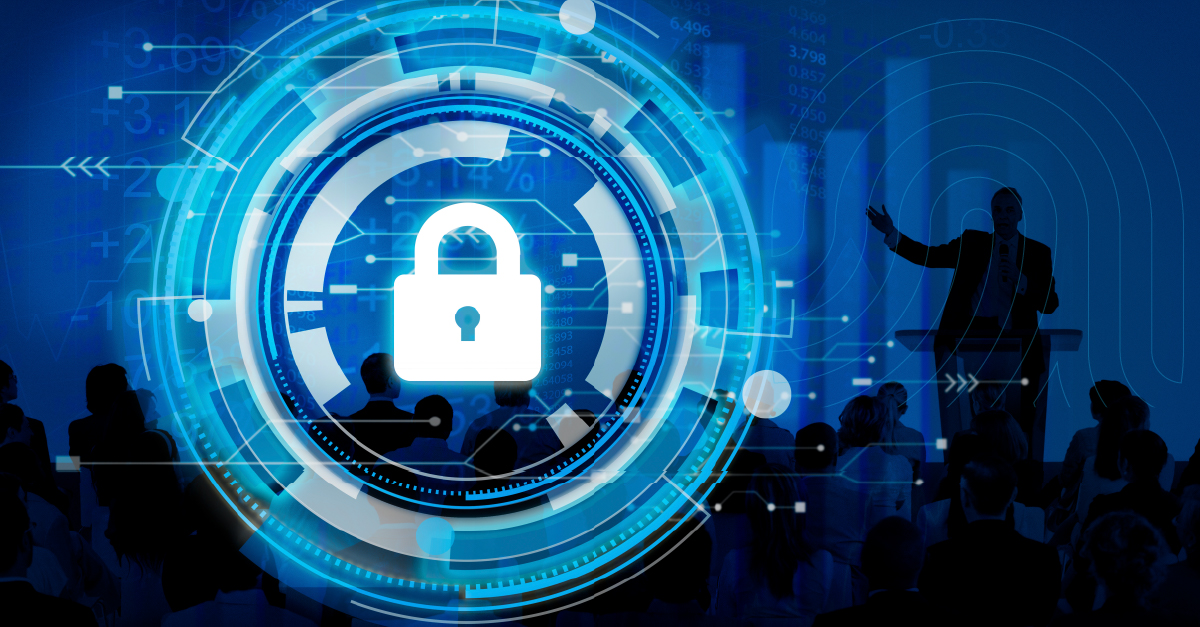Over the last few decades, volumes of domestic and cross-border data flow have skyrocketed. Predictions from a team of software experts from Techjury estimated that in 2020, each person will generate 1.7 megabytes in just a second.[1] The increase in data volumes, while increasing the efficiency of organizations through real-time decision making has also increased security breaches where consumer data is being exploited for gain.
Data issues of the past decade
The past few years have seen several data security breaches. In 2018 alone, social media data breaches accounted for 56% of breaches in the first half of the year.[2] In an RSA Data Privacy and Security survey conducted in 2019, 45% of respondents said that their personal information was compromised at least once in the past five years. Ashley Madison, the online dating network suffered a security breach in 2015, wherein over 300 GB of user data including users’ real names, banking transactions, credit card transactions and secret sexual fantasies were exposed.
Ever since the dawn of the internet age, people have been open to sharing more of their personal information online. Companies and entities around the world collect people’s data and have been using it for varied purposes—from marketing to even influencing election results. Conversely, consumers have been unaware of how to access data and how to delete data from their digital footprint. This led to issues revolving around data protection and ownership while the question of ‘Who owns the data of a consumer’ remained unanswered.
All of the above advocated the need for regulation of privacy and data protection Governments around the world, to put an end to this unawareness and protect the fundamental data rights of a person, have implemented or are in the process of implementing policies to spell out data protection principles and address data privacy concerns.
Dawn of a new era on data ownership
The onus for data protection is best achieved through legislation. Governments are looking into how data protection policies can hold organizations accountable for the data collected. This also allows consumers to be able to access, report and remove personal information when required. The GDPR in Europe, the establishment of the Ministry of Digital Economy and Society (MDES) in Thailand, the Personal Data Protection Act 2012 in Singapore and the Protection of Electronic Data and Personal Data Protection Bill in India are few of the many examples that define data privacy and security. They aim to make data processing transparent and give data subjects greater control over how their data is handled. Legislation has also ensured that data security becomes more stringent, thereby reducing risks of fraudulent use data.
Future impact of Data Protection, Ownership and Control
The future, propelled with the new legislation, will see both consumers and enterprises change the way they use data. Businesses will have to take personal data protection up a notch and respect the individual’s rights over their information. It will also enable businesses to recognize the need to prevent privacy violations and adopt and enforce data protection policies that do not violate a customer’s privacy and security. For example, businesses will have to consider an individual’s consent before leveraging their data for any marketing or advertisement purposes.
Consumers, on the other hand, will have easy and convenient access to their digital footprint with their data now being available through mobile apps, digital clicks, interactions on social media and more. This will contribute to a data fingerprint that is unique to its owner. Data ownership policies can further help customers to leverage their digital footprint to access and utilize information as and when they need it, whether it is to open a bank account, apply for loans and insurance or to register with a mobile network.
For example, there was a time when bank loan officers used to meet the customers personally to decide on his/her creditworthiness. Today, banks rely on digital footprints to measure the same. This opens up the banking system to approximately another 3.7 Billion people who do not have a credit bureau rating but have a digital footprint. Another illustration would be online bank account opening. While the procedure to open an account generally takes two or three days, the timeframe for KYC verifications will significantly reduce when the individual’s digital footprint is leveraged. A customer’s digital footprint can even impact his/her insurance premium policies—the channel that a consumer uses to search online for auto insurance could either receive 24% in savings or incur 14% in added premium.[3]
The future will involve a world where consumers will be trading their digital footprint for simplified ease of services. Data, popularly known as a fuel that runs the business world has embraced its new role that is to make new business models possible while ensuring customer privacy.
[1] https://www.itweb.co.za/content/G98YdqLxZZNqX2PD
Your one-stop-shop for Digital Identity solutions!

Upal Pradhan is a tech entrepreneur with more than 12 years of experience across digital media, telecom, fintech, adtech and market research. He holds a management degree from IIT Kharagpur and a bachelor’s degree in engineering from IIEST Shibpur. He currently heads Business Development at IDcentral, a Subex company.
